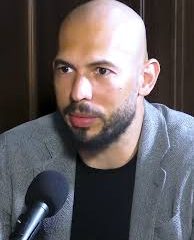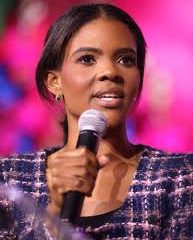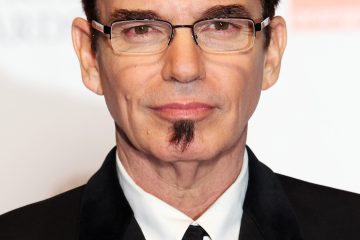RFK Jr.: A Rising Influence in American Politics
Introduction
Robert F. Kennedy Jr., the son of the late Senator Robert F. Kennedy and nephew of former President John F. Kennedy, has emerged as a controversial yet compelling figure in the 2024 presidential race. His unique stance on various political issues, particularly concerning public health, environmentalism, and governance, has attracted a significant following. As the political landscape evolves, understanding RFK Jr.’s influence and the implications of his campaign is essential for voters and observers alike.
RFK Jr.’s Positions and Policies
RFK Jr. has positioned himself as an outsider to the mainstream political narrative, advocating for increased public awareness and scepticism regarding vaccines and government mandates. His anti-vaccine stance has both drawn condemnation and garnered a loyal base of supporters who resonate with his concerns about pharmaceutical oversight and regulatory transparency. Beyond health, he has been vocal on environmental issues, championing initiatives to combat climate change and protect natural resources.
His campaign has also focused on the consolidation of corporate power in American politics, advocating for grassroots movements and challenging the status quo. Given his family’s storied political history, RFK Jr. leverages an emotional appeal about legacy and social justice that he believes can resonate with a demographically diverse electorate.
Current Events and Public Reception
Recent polling data suggests that RFK Jr.’s campaign is gaining traction within the Democratic primary, where he is running as an independent candidate, capitalising on dissatisfaction with the party establishment and President Joe Biden’s administration. In various town halls and public forums, Kennedy has attracted large crowds, signalling a level of discontent among voters eager for alternative viewpoints.
Critics, however, argue that Kennedy’s views on vaccines could have detrimental public health implications, especially as communities are striving for broader vaccine acceptance in the wake of the COVID-19 pandemic. His campaign has sparked intense debate and discussion about the fine balance between public health initiatives and personal freedoms.
Conclusion
RFK Jr.’s candidacy represents a significant shift in the Democratic political narrative as traditional Democrats find themselves re-evaluating issues of health, environment, and social justice through a new lens. While his stances continue to ignite controversy, they also highlight an ongoing need for dialogue about government accountability and public health. With the elections approaching, the outcome of RFK Jr.’s campaign may not only influence the Democratic primary but also serve as a barometer for broader societal trends in the United States. Voters should closely observe how his unique messaging evolves and what it signifies for the future of American politics.









